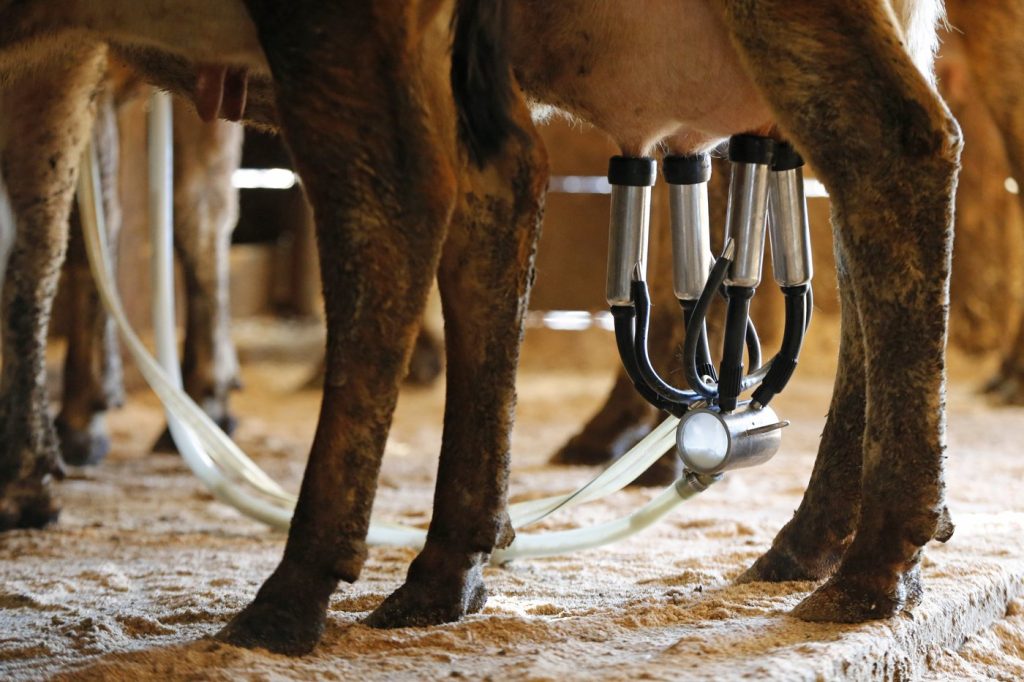TALLAHASSEE, Fla. – A total of 21 individuals, including six children under the age of 10, have reported infections from either E. coli or campylobacter after consuming raw milk from a Florida farm. The Florida Department of Health has confirmed that seven of these individuals have been hospitalized, with at least two experiencing severe complications. However, the health officials have not disclosed whether any of the infected children are among those hospitalized, nor have they specified how many individuals contracted E. coli, campylobacter, or both strains of bacteria.
The state advisory highlighted serious concerns regarding sanitation practices at the identified farm, although the farm itself has not been disclosed. This situation underscores a troubling trend as raw milk consumption seems to be on the rise, despite ongoing warnings from health authorities regarding the risks associated with unpasteurized products. According to the Food and Drug Administration (FDA) and the Centers for Disease Control and Prevention (CDC), raw milk is deemed one of the riskiest foods available to consumers.
Research indicates that raw milk is significantly more likely than pasteurized milk to cause illnesses and hospitalizations due to harmful bacteria such as campylobacter, listeria, salmonella, and E. coli. Infections resulting from these bacteria can lead to gastrointestinal illness, and in severe cases, result in life-threatening complications, including acute kidney failure. Young children, the elderly, individuals with weakened immune systems, and pregnant women are particularly susceptible to these severe outcomes.
Professor Keith Schneider, a food safety expert at the University of Florida, expressed frustration over the situation, emphasizing, "We invented pasteurization for a reason. It’s maddening that this is happening." The regulations surrounding raw milk sales vary greatly between states. Some states allow retail purchases in stores, while others restrict sales to on-site farm purchases. Additionally, certain states have provisions for "cowshares," where customers buy milk produced by designated animals, or permit consumption only by farmers, employees, or non-paying guests.
In Florida, the sale and distribution of raw milk for human consumption is prohibited. Nevertheless, retailers manage to bypass this ban by marketing their products for “pet or animal food only.” Schneider referred to this loophole as a “wink, wink, nudge, nudge” form of regulation, indicating that everyone is aware that such products are being sold for human consumption. He concluded by stating that illnesses resulting from raw milk consumption are inevitable, suggesting that it’s not a matter of “if,” but “when.”
The ongoing situation in Florida serves as a stark reminder of the potential health hazards associated with raw milk consumption and the challenges posed by varying state regulations. As health officials continue to investigate, the case raises critical questions about food safety practices and the efficacy of existing regulatory frameworks.











